SEO
10 DuckDuckGo Facts For Digital Marketers & SEO Pros
How often do you use DuckDuckGo?
If you answered “never,” you might want to read this article.
Over the years, DuckDuckGo has redesigned itself and evolved to better meet searchers’ needs and protect their privacy.
In addition to its excellent search capabilities, DDG (DuckDuckGo) has many helpful features that can help you improve your search strategy while cutting the time it takes to complete research.
I’ve researched DDG and its value for digital marketers and SEO professionals.
Here, you’ll learn everything you need to know about DDG, why marketers should consider using it, and some interesting facts about the search engine.
What Is DuckDuckGo?
DDGo is a search engine that doesn’t track users, meaning it doesn’t store any information about what websites you visit.
This means that when you use DDG, no one knows who you are, where you live, what you like to search, or which sites you’ve visited – creating a private search history.
Gabriel Weinberg founded the company and has progressed his idea since 2008.
He started using Google for searching, but after seeing how much data Google collects, he decided to create a new, private search engine.
Marketers and SEO pros can use DDG on Safari, Chrome, and Firefox with a built-in extension.
In addition, the search engine is now available as an app for iOS devices, Android phones, and Windows 8 tablets.
Now, let’s get into why you should consider using DDG.
Why Use DuckDuckGo?
With its unique search algorithms, DDG has become one of the most popular alternative search engines.
And while many people are familiar with the name, few understand what makes it stand out from the crowd.
DDG has been designed from the ground up to be fast, private, and secure.
The search engine uses only what it needs to deliver results, which means no tracking cookies or other unnecessary data collection.
This makes DDG one of the best privacy-focused search engines available today.
It lets you search anonymously while blocking trackers on websites you use.
DDG uses HTTPS encryption for all searches and doesn’t store IP addresses.
While there are similarities that make DDG comparable as a search engine to Google, the main difference is that DDG doesn’t track you as Google does.
So, no matter how often you search, you won’t see ads based on your previous searches. Instead, you’ll see sponsored links relevant to the current topic.
This isn’t just good news for privacy advocates – it’s great news for anyone looking for quality information online.
If you want to find something specific without being tracked, DDG is a great option.
Also, if you’re trying to figure out how to incorporate SEO for DDG, you can check out this Search Engine Journal resource.
DDG allows you to block certain types of cookies, which means you can control whether third parties can track your browsing history across the Internet.
Access to this information can provide significant advantages, especially regarding marketing campaigns.
For example, you can target specific keywords based on the pages users visit, which means marketers can reach potential customers faster than ever before.
So now, let’s dive into the helpful features DDG offers.
Helpful DuckDuckGo Search Features
DDG has numerous features such as image searches, location-based searches, and voice searches.
As I mentioned, the main difference between Google and DDG is that DDG does not track users through cookies or other methods.
It also does not sell any data to third parties.
DDG aims to protect the people using its service.
The company has built several features enabling it to identify potential threats without invading user privacy.
It also has instructions to evaluate your add-ons to help you safely remove any unofficial and potentially harmful add-ons.
In addition, DDG has integrated with Apple Maps, allowing users to search for locations privately.
Some features include Safe Search, Instant Answers, and private searches. These help DDG protect its users from malicious websites, scams, and malware.
With Instant Answers, DDG uses over 100 different sources to provide answers to your queries without making you click on different websites for results.
The !Bang Syntax
One very cool feature on DDG is the !Bang Syntax function, which lets you directly search on a site from DDG without having to go to that site first.
For example, suppose you want to search for butter chicken recipes on Pinterest.
You can use DDG’s Pinterest shortcut by entering [!p butter chicken recipes] into the search bar, and it will transport you straight to the Pinterest results on that platform.
DDG has many other shortcuts to websites such as Amazon, Twitter, LinkedIn, and Wikipedia.
To see all the shortcuts, type in the exclamation mark in the search bar, and they will pop up.
Don’t worry – it is easy to use and very helpful for quick searches.
It takes the time out of navigating to a website to complete a search.
If you use DDG’s browser extension or have it as your browser’s default search engine, the !bang commands also work in the address bar.
DDG has many other interesting features you should check out, such as category pages, keyboard shortcuts, and Autosuggest.
If you’re not sold on the search engine yet, check out these ten DDG facts that might help to change your mind.
10 DuckDuckGo Facts
1. DDG Turned 14 In 2022
Google has become synonymous with Internet searches. Even though DDG is a relatively new search engine, the company has existed for over a decade and is still growing at an incredible rate.
2. DDG Hits 100 Million Searches Per Day
It is now one of the top 10 search engines worldwide.
In addition, the search engine hit the milestone of 100 million daily searches in 2021.
3. Over 100 Billion Searches Have Been Performed On DDG
In 2019, it broke one billion searches in a month – and in 2020, it broke 50 billion searches.
Due to its efficient and streamlined search capabilities, over 100 billion searches have been performed on DDG.
4. DDG Has A 11.43% Bounce Rate
While Google still ranks as the number one search engine in the U.S., DDG has worked its way up to the second leading search engine.
And DDG has a bounce rate of 11.43% compared to Google’s 28.46%.
5. DDG Employees Have Grown To 180
From its humble beginnings with founder and CEO Gabriel Weinberg running DDG by himself until 2011, the company now employs 180 people.
Additionally, the business is now profitable.
It’s a great example of how you can start small and grow into something bigger.
6. Average Of 6 Million Monthly Downloads On DDG
With more people looking to protect their data, there are an average of six million monthly downloads of DDG for both mobile and desktop use.
Since 2020 it is also the default search engine on Android throughout the EU.
7. Average Of 3 Billion Monthly Searches Performed On DDG
More people are benefiting from the DDG, and now there is an average of three billion monthly searches.
This is because more people rely on the site for everyday searches.
8. DDG Holds 2.42% Of The Search Market In The US
In 2019, the DDG market share began to grow, starting at 1.25%, and has nearly doubled today.
DDG holds 2.42% of the search engine market shares in the US.
9. The Cost Per Click On DDG Can Be 10x Cheaper Than Google
DDG runs pay-per-click advertising like Google and Bing.
But, some marketers have found DDG significantly cheaper than the cost per click of ads on Google, thus lowering the cost of their average conversion rate.
With the right strategy, DDG can be a valuable marketing opportunity for marketers and brands to increase conversion rates.
10. DDG Has An Average Rating Of 4.5 Stars
One of the best ways to determine if a platform is legitimate and worth your time is to look at its reviews.
DDG has an average rating of 4.5 stars, meaning people like using it.
With quick load times and ease for mobile users, it’s an effective search engine.
Key Takeaways
DDG is fast becoming one of the world’s most trusted and popular search engines due to its excellent privacy policy.
It is one of the top search engines for digital marketers and SEO pros because it offers a unique combination of features that help our users stay safe online.
As you can see, DDG provides a wide range of tools and features that can help you optimize your digital marketing strategy, create more opportunities for organic traffic, and increase your online presence.
But don’t let these benefits fool you: DDG is an entirely free service, requiring minimal investment on your part.
So it’s time to try DDG and take your online search strategy to the next level.
Featured Image: sdecoret/Shutterstock
SEO
Google Rolls Out New ‘Web’ Filter For Search Results

Google is introducing a filter that allows you to view only text-based webpages in search results.
The “Web” filter, rolling out globally over the next two days, addresses demand from searchers who prefer a stripped-down, simplified view of search results.
Danny Sullivan, Google’s Search Liaison, states in an announcement:
“We’ve added this after hearing from some that there are times when they’d prefer to just see links to web pages in their search results, such as if they’re looking for longer-form text documents, using a device with limited internet access, or those who just prefer text-based results shown separately from search features.”
We’ve added this after hearing from some that there are times when they’d prefer to just see links to web pages in their search results, such as if they’re looking for longer-form text documents, using a device with limited internet access, or those who just prefer text-based…
— Google SearchLiaison (@searchliaison) May 14, 2024
The new functionality is a throwback to when search results were more straightforward. Now, they often combine rich media like images, videos, and shopping ads alongside the traditional list of web links.
How It Works
On mobile devices, the “Web” filter will be displayed alongside other filter options like “Images” and “News.”
If Google’s systems don’t automatically surface it based on the search query, desktop users may need to select “More” to access it.
 Screenshot from: twitter.com/GoogleSearchLiaison, May 2024.
Screenshot from: twitter.com/GoogleSearchLiaison, May 2024.More About Google Search Filters
Google’s search filters allow you to narrow results by type. The options displayed are dynamically generated based on your search query and what Google’s systems determine could be most relevant.
The “All Filters” option provides access to filters that are not shown automatically.
Alongside filters, Google also displays “Topics” – suggested related terms that can further refine or expand a user’s original query into new areas of exploration.
For more about Google’s search filters, see its official help page.
Featured Image: egaranugrah/Shutterstock
SEO
Why Google Can’t Tell You About Every Ranking Drop

In a recent Twitter exchange, Google’s Search Liaison, Danny Sullivan, provided insight into how the search engine handles algorithmic spam actions and ranking drops.
The discussion was sparked by a website owner’s complaint about a significant traffic loss and the inability to request a manual review.
Sullivan clarified that a site could be affected by an algorithmic spam action or simply not ranking well due to other factors.
He emphasized that many sites experiencing ranking drops mistakenly attribute it to an algorithmic spam action when that may not be the case.
“I’ve looked at many sites where people have complained about losing rankings and decide they have a algorithmic spam action against them, but they don’t. “
Sullivan’s full statement will help you understand Google’s transparency challenges.
Additionally, he explains why the desire for manual review to override automated rankings may be misguided.
Two different things. A site could have an algorithmic spam action. A site could be not ranking well because other systems that *are not about spam* just don’t see it as helpful.
I’ve looked at many sites where people have complained about losing rankings and decide they have a…
— Google SearchLiaison (@searchliaison) May 13, 2024
Challenges In Transparency & Manual Intervention
Sullivan acknowledged the idea of providing more transparency in Search Console, potentially notifying site owners of algorithmic actions similar to manual actions.
However, he highlighted two key challenges:
- Revealing algorithmic spam indicators could allow bad actors to game the system.
- Algorithmic actions are not site-specific and cannot be manually lifted.
Sullivan expressed sympathy for the frustration of not knowing the cause of a traffic drop and the inability to communicate with someone about it.
However, he cautioned against the desire for a manual intervention to override the automated systems’ rankings.
Sullivan states:
“…you don’t really want to think “Oh, I just wish I had a manual action, that would be so much easier.” You really don’t want your individual site coming the attention of our spam analysts. First, it’s not like manual actions are somehow instantly processed. Second, it’s just something we know about a site going forward, especially if it says it has change but hasn’t really.”
Determining Content Helpfulness & Reliability
Moving beyond spam, Sullivan discussed various systems that assess the helpfulness, usefulness, and reliability of individual content and sites.
He acknowledged that these systems are imperfect and some high-quality sites may not be recognized as well as they should be.
“Some of them ranking really well. But they’ve moved down a bit in small positions enough that the traffic drop is notable. They assume they have fundamental issues but don’t, really — which is why we added a whole section about this to our debugging traffic drops page.”
Sullivan revealed ongoing discussions about providing more indicators in Search Console to help creators understand their content’s performance.
“Another thing I’ve been discussing, and I’m not alone in this, is could we do more in Search Console to show some of these indicators. This is all challenging similar to all the stuff I said about spam, about how not wanting to let the systems get gamed, and also how there’s then no button we would push that’s like “actually more useful than our automated systems think — rank it better!” But maybe there’s a way we can find to share more, in a way that helps everyone and coupled with better guidance, would help creators.”
Advocacy For Small Publishers & Positive Progress
In response to a suggestion from Brandon Saltalamacchia, founder of RetroDodo, about manually reviewing “good” sites and providing guidance, Sullivan shared his thoughts on potential solutions.
He mentioned exploring ideas such as self-declaration through structured data for small publishers and learning from that information to make positive changes.
“I have some thoughts I’ve been exploring and proposing on what we might do with small publishers and self-declaring with structured data and how we might learn from that and use that in various ways. Which is getting way ahead of myself and the usual no promises but yes, I think and hope for ways to move ahead more positively.”
Sullivan said he can’t make promises or implement changes overnight, but he expressed hope for finding ways to move forward positively.
Featured Image: Tero Vesalainen/Shutterstock
SEO
56 Google Search Statistics to Bookmark for 2024
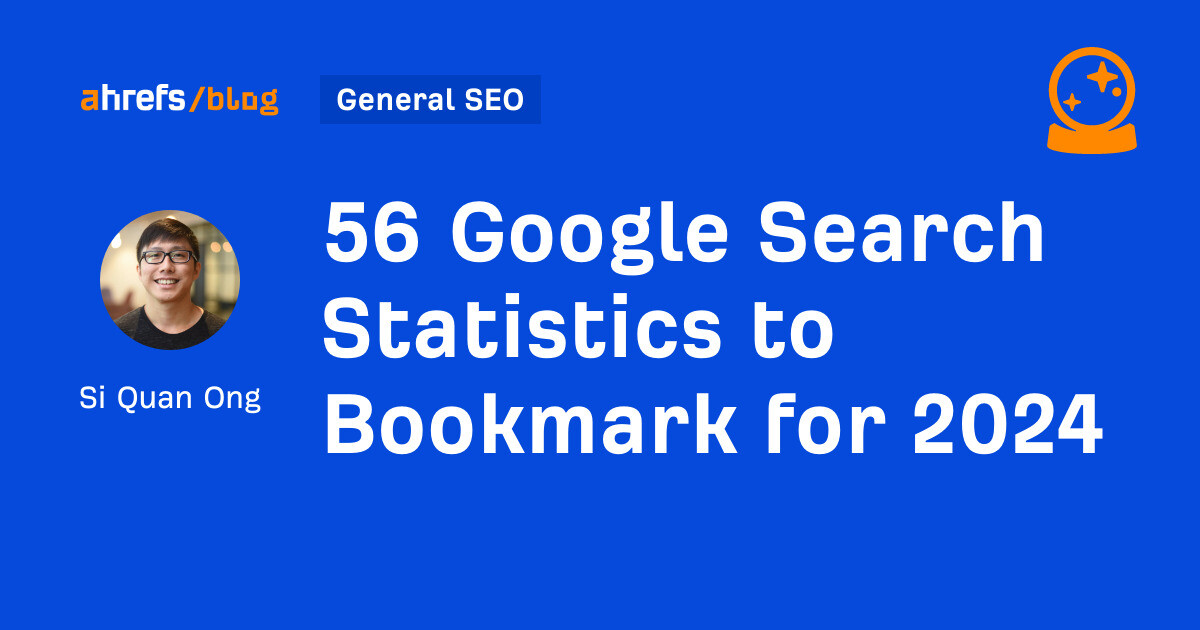
If you’re curious about the state of Google search in 2024, look no further.
Each year we pick, vet, and categorize a list of up-to-date statistics to give you insights from trusted sources on Google search trends.
- Google has a web index of “about 400 billion documents”. (The Capitol Forum)
- Google’s search index is over 100 million gigabytes in size. (Google)
- There are an estimated 3.5 billion searches on Google each day. (Internet Live Stats)
- 61.5% of desktop searches and 34.4% of mobile searches result in no clicks. (SparkToro)
- 15% of all Google searches have never been searched before. (Google)
- 94.74% of keywords get 10 monthly searches or fewer. (Ahrefs)
- The most searched keyword in the US and globally is “YouTube,” and youtube.com gets the most traffic from Google. (Ahrefs)
- 96.55% of all pages get zero search traffic from Google. (Ahrefs)
- 50-65% of all number-one spots are dominated by featured snippets. (Authority Hacker)
- Reddit is the most popular domain for product review queries. (Detailed)
- Google is the most used search engine in the world, with a mobile market share of 95.32% and a desktop market share of 81.95%. (Statista)
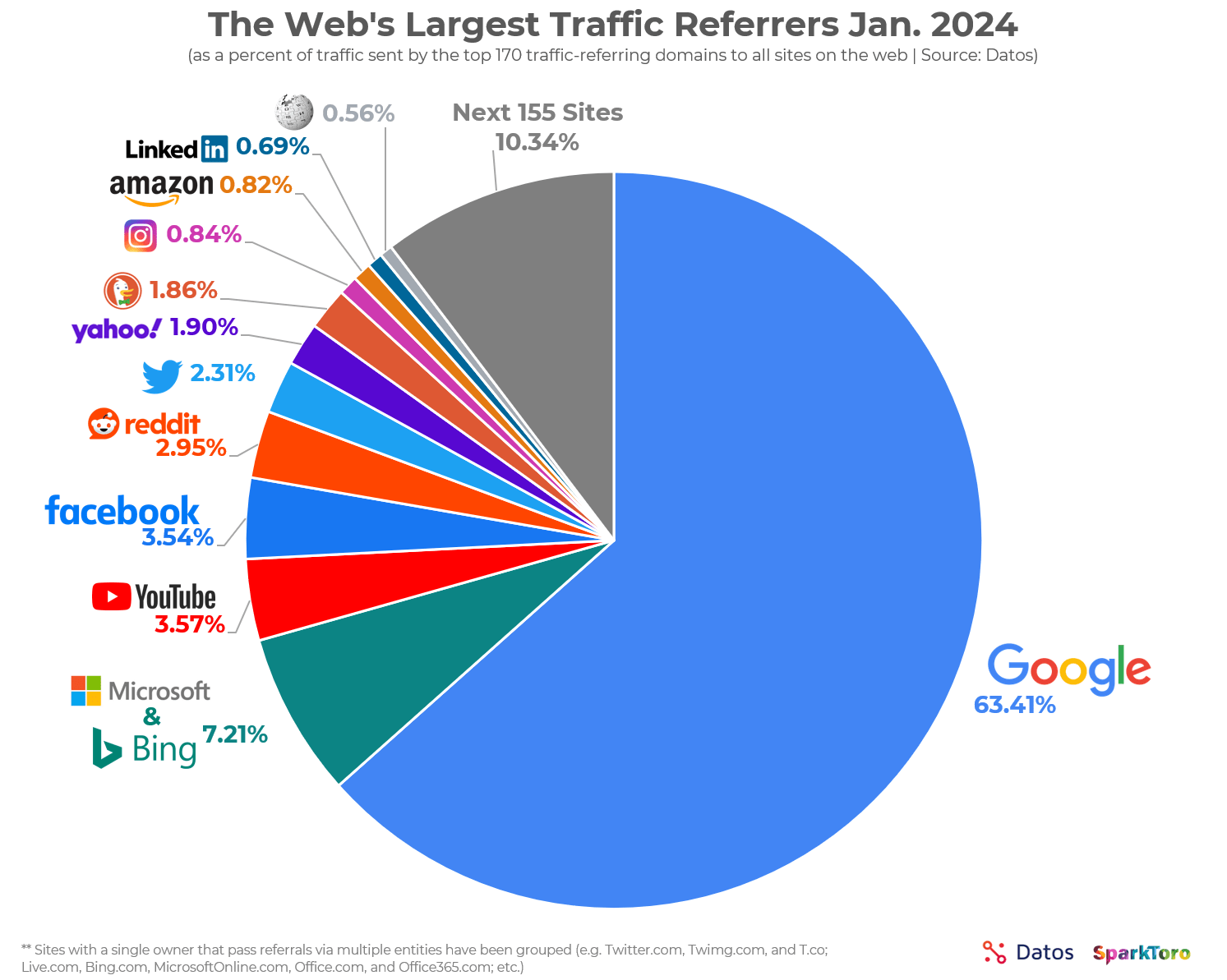

- Google.com generated 84.2 billion visits a month in 2023. (Statista)
- Google generated $307.4 billion in revenue in 2023. (Alphabet Investor Relations)
- 63.41% of all US web traffic referrals come from Google. (SparkToro)
- 92.96% of global traffic comes from Google Search, Google Images, and Google Maps. (SparkToro)
- Only 49% of Gen Z women use Google as their search engine. The rest use TikTok. (Search Engine Land)
- 58.67% of all website traffic worldwide comes from mobile phones. (Statista)
- 57% of local search queries are submitted using a mobile device or tablet. (ReviewTrackers)
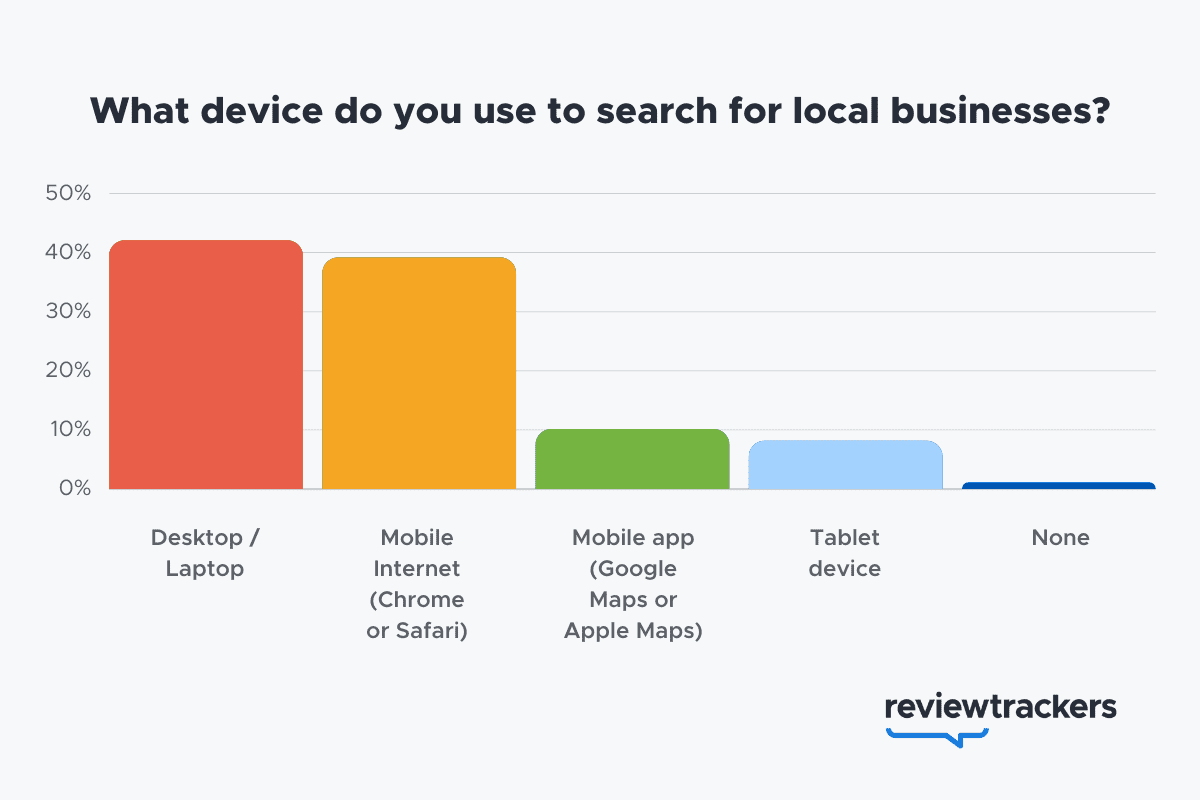

- 51% of smartphone users have discovered a new company or product when conducting a search on their smartphones. (Think With Google)
- 54% of smartphone users search for business hours, and 53% search for directions to local stores. (Think With Google)
- 18% of local searches on smartphones lead to a purchase within a day vs. 7% of non-local searches. (Think With Google)
- 56% of in-store shoppers used their smartphones to shop or research items while they were in-store. (Think With Google)
- 60% of smartphone users have contacted a business directly using the search results (e.g., “click to call” option). (Think With Google)
- 63.6% of consumers say they are likely to check reviews on Google before visiting a business location. (ReviewTrackers)
- 88% of consumers would use a business that replies to all of its reviews. (BrightLocal)
- Customers are 2.7 times more likely to consider a business reputable if they find a complete Business Profile on Google Search and Maps. (Google)
- Customers are 70% more likely to visit and 50% more likely to consider purchasing from businesses with a complete Business Profile. (Google)
- 76% of people who search on their smartphones for something nearby visit a business within a day. (Think With Google)
- 28% of searches for something nearby result in a purchase. (Think With Google)
- Mobile searches for “store open near me” (such as, “grocery store open near me” have grown by over 250% in the last two years. (Think With Google)
- People use Google Lens for 12 billion visual searches a month. (Google)
- 50% of online shoppers say images helped them decide what to buy. (Think With Google)
- There are an estimated 136 billion indexed images on Google Image Search. (Photutorial)
- 15.8% of Google SERPs show images. (Moz)
- People click on 3D images almost 50% more than static ones. (Google)
- More than 800 million people use Google Discover monthly to stay updated on their interests. (Google)
- 46% of Google Discover URLs are news sites, 44% e-commerce, 7% entertainment, and 2% travel. (Search Engine Journal)
- Even though news sites accounted for under 50% of Google Discover URLs, they received 99% of Discover clicks. (Search Engine Journal)
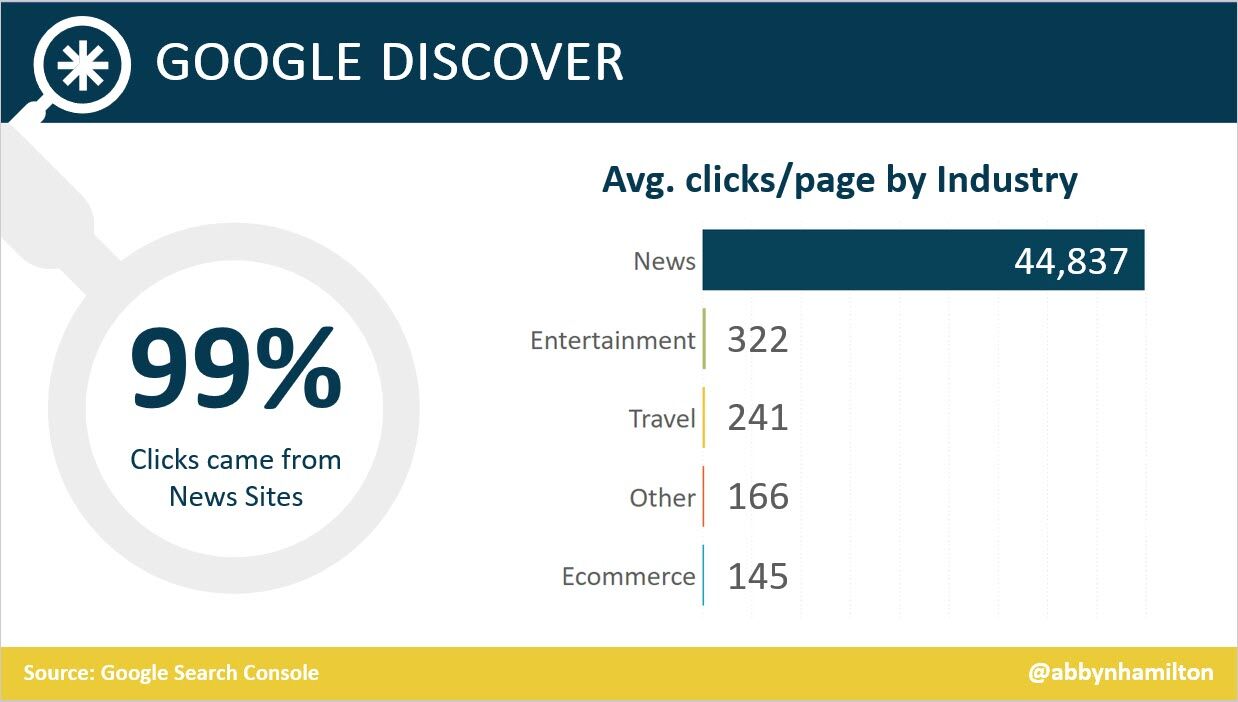

- Most Google Discover URLs only receive traffic for three to four days, with most of that traffic occurring one to two days after publishing. (Search Engine Journal)
- The clickthrough rate (CTR) for Google Discover is 11%. (Search Engine Journal)
- 91.45% of search volumes in Google Ads Keyword Planner are overestimates. (Ahrefs)
- For every $1 a business spends on Google Ads, they receive $8 in profit through Google Search and Ads. (Google)
- Google removed 5.5 billion ads, suspended 12.7 million advertiser accounts, restricted over 6.9 billion ads, and restricted ads from showing up on 2.1 billion publisher pages in 2023. (Google)
- The average shopping click-through rate (CTR) across all industries is 0.86% for Google Ads. (Wordstream)
- The average shopping cost per click (CPC) across all industries is $0.66 for Google Ads. (Wordstream)
- The average shopping conversion rate (CVR) across all industries is 1.91% for Google Ads. (Wordstream)
- 58% of consumers ages 25-34 use voice search daily. (UpCity)
- 16% of people use voice search for local “near me” searches. (UpCity)
- 67% of consumers say they’re very likely to use voice search when seeking information. (UpCity)
- Active users of the Google Assistant grew 4X over the past year, as of 2019. (Think With Google)
- Google Assistant hit 1 billion app installs. (Android Police)
- AI-generated answers from SGE were available for 91% of entertainment queries but only 17% of healthcare queries. (Statista)
- The AI-generated answers in Google’s Search Generative Experience (SGE) do not match any links from the top 10 Google organic search results 93.8% of the time. (Search Engine Journal)
- Google displays a Search Generative element for 86.8% of all search queries. (Authoritas)
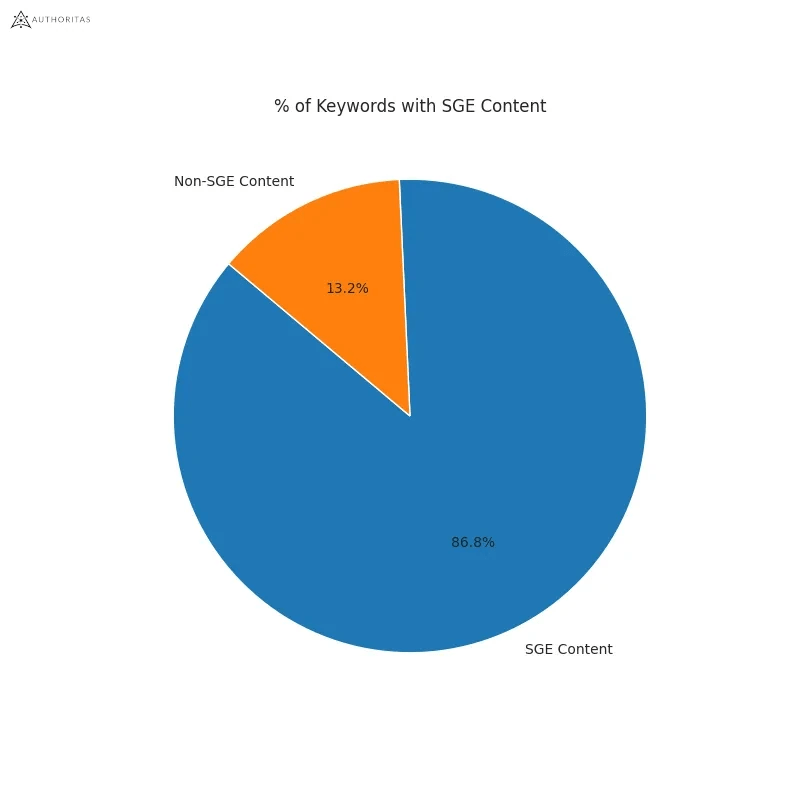

- 62% of generative links came from sources outside the top 10 ranking organic domains. Only 20.1% of generative URLs directly match an organic URL ranking on page one. (Authoritas)
- 70% of SEOs said that they were worried about the impact of SGE on organic search (Aira)
Learn more
Check out more resources on how Google works:
-

 PPC6 days ago
PPC6 days agoHow the TikTok Algorithm Works in 2024 (+9 Ways to Go Viral)
-

 SEO5 days ago
SEO5 days agoHow to Use Keywords for SEO: The Complete Beginner’s Guide
-

 MARKETING6 days ago
MARKETING6 days agoHow To Protect Your People and Brand
-
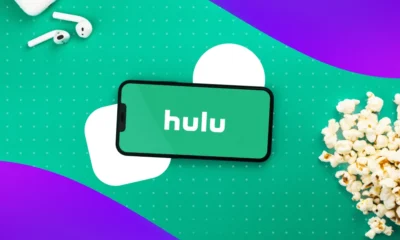
 MARKETING4 days ago
MARKETING4 days agoAdvertising on Hulu: Ad Formats, Examples & Tips
-

 MARKETING5 days ago
MARKETING5 days agoUpdates to data build service for better developer experiences
-

 MARKETING5 days ago
MARKETING5 days agoThe Ultimate Guide to Email Marketing
-

 WORDPRESS4 days ago
WORDPRESS4 days agoBest WordPress Plugins of All Time: Updated List for 2024
-

 SEO7 days ago
SEO7 days agoAutomate Multi-Site Reporting With Google Sheets And GSC API















You must be logged in to post a comment Login